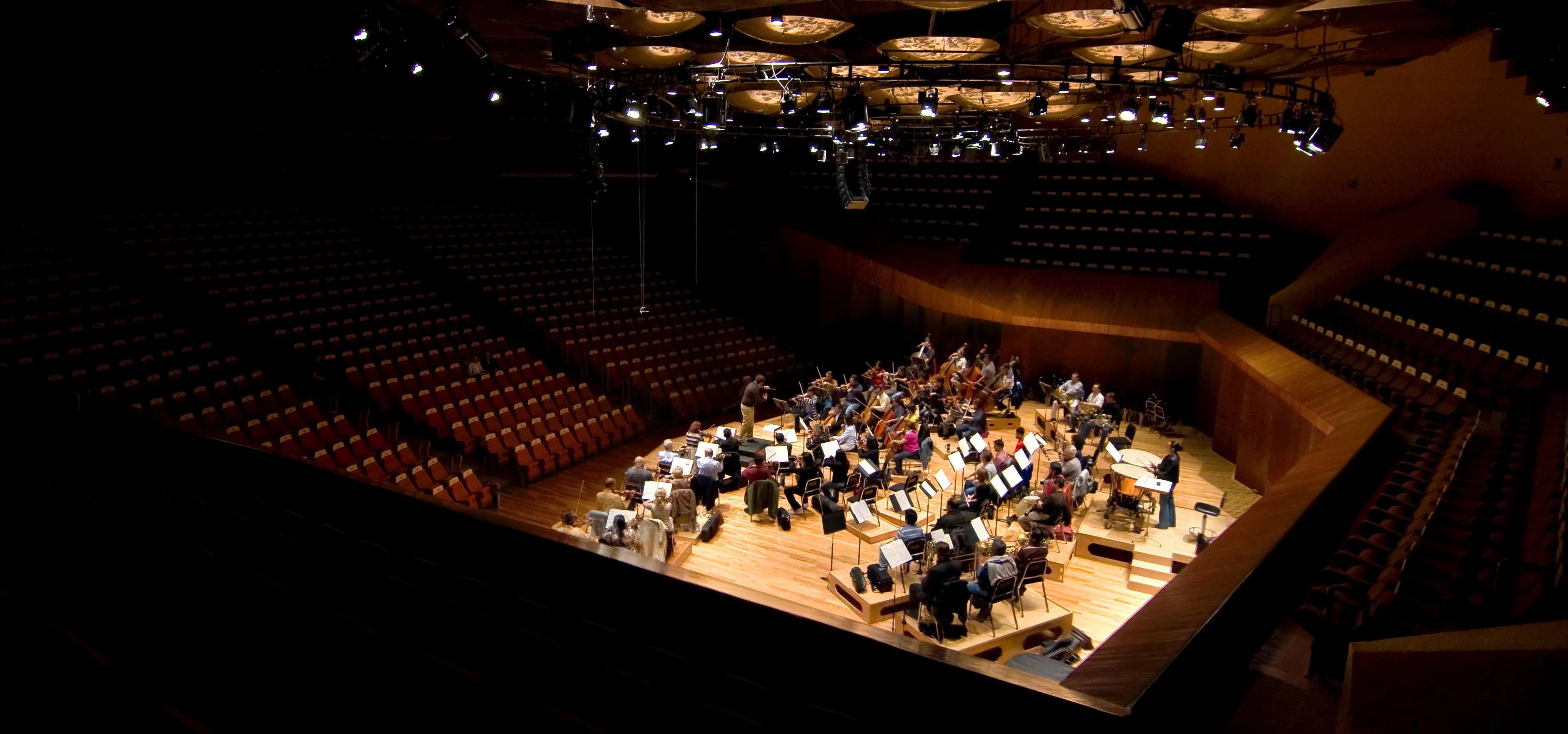Investigation
We contribute to knowledge creation by designing research tools, conducting studies, and communicating conclusions.

And repeat, not necessarily in that order…
Our materialsWe contribute to knowledge creation by designing research tools, conducting studies, and communicating conclusions.
We contribute to knowledge transmission by designing learning materials and experiences, teaching, and animating seminars.
We contribute to knowledge validation by designing tools for performance appraisal, testing, and providing feedback.
We contribute to knowledge application by supporting managerial invention, innovation, and experimentation.
8 criteria guide our work on learning materials, applications, and experiences: we want them to be symbiotic, holistic, beautiful, playful, open, alive, luxuriant, and systematic:
We want research, education, and practice to iteratively feed each other.
We want to integrate science, practice, and art in the resources we create.
We want to provide user-friendly and aesthetically pleasing resources.
We want to give opportunities to experiment in safe environments.
We want our digital resources for learning to be freely available to all.
We want to continuously extend, update, and improve the resources we create.
We want variety and diversity and thus embrace multiplicity and divergences.
We want learners to go through all meaningful phases of a learning process.
Fuel curiosity to build-up momentum, question ideas and challenge beliefs.
Acknowledge how different people see, experience, evaluate and feel a situation.
Dig into the literature to mine its wealth of crystalized ideas and experiences.
Experiment, try different things to generate new experiences and develop intuition.
See and document the multiple consequences of alternative courses of actions.
Connect and confront questions, theoretical arguments, and empirical evidence.
Formalize and clarfify ideas to build a valid, robust, and compelling argumentation.
Communicate, share, explain and justify ideas, conclusions, and recommendations.
Confront different perspectives and situations to systematically test or refine ideas.
If I had an hour to solve a problem and my life depended on the solution, I would spend the first 55 minutes determining the proper question to ask… for once I know the proper question, I could solve the problem in less than five minutes.
Many roles are necessary to produce high quality resources for learning, i.e. science and education. We highlight here more specifically 10 roles typically involved in any project and that we try to nurture and leverage:
Experts in various disciplines write and review learning materials to ensure the validity or our contents.
Editors check the clarity and spelling of what is written in applications, blog posts, textbooks, and slides.
Coders ensure the development of reliable R-based applications and functional user interfaces for the intended uses.
Testers check that applications work under a wide variety of circumstances and that errors are properly handled.
Designers create layouts, illustrations, and visual representations to leverage synergies between form and content.
Comedians read or play scripts for podcasts or videos which are embedded in learning materials.
Videographers ensure the production and post-production of video lectures, tutorials, interviews and B-rolls.
Analysts study data collected about content usage, user satisfaction, and learning outcomes to generate actionable insights.
Trainers help acquire the skills necessary to perform the preceding roles to produce high quality learning materials and experiences.
The competences we need change according to the projects and phases on which we are working. Right now, the relative need for various roles and associated skillsets is indicated in the next diagram.

If you like our project and would like to contribute at some point in some capacity, please contact us to let us know about your interest and the kinds of roles you could play. We are continuously building and updating a database of contributors we may contact when we need specific comptetences…
Start a project with usPraesent sapien massa, convallis a pellentesque nec, egestas non nisi. Vestibulum ante ipsum primis in faucibus orci luctus et ultrices posuere cubilia Curae.
Read moreIf you are interested by our initiatives, you can contact us with the following contact information or just by filling in the form hereafter.


It would seem as if the rulers of our time sought only to use men in order to make things great; I wish that they would try a little more to make great men; that they would set less value on the work, and more upon the workman; that they would never forget that a nation cannot long remain strong when every man belonging to it is individually weak, and that no form or combination of social polity has yet been devised, to make an energetic people out of a community of pusillanimous and enfeebled citizens.